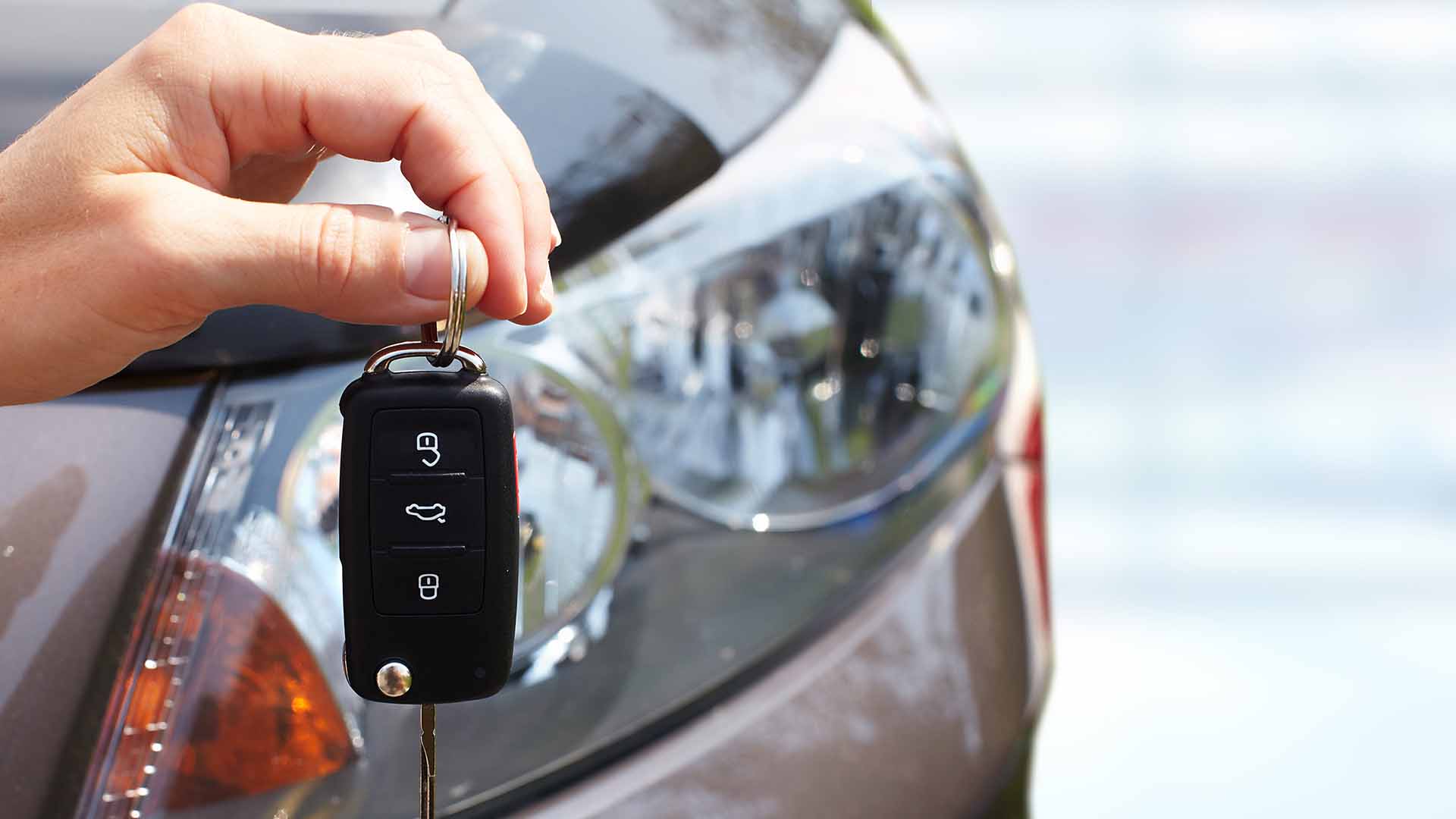
Representative Example: You could borrow £10,699 over 60 months with an initial payment of £495.89 (including £199 Admin Fee) followed by 58 monthly payments of £296.89 with a final payment of £495.89 (including optional £199 Option to Purchase Fee). Total amount repayable will be £19,012,40. 26.1% APR, annual interest rate (fixed) 13.3%.
The Admin Fee is a £199 fee that helps cover the costs of setting up your finance agreement. It covers things like preparing your agreement documents, carrying out credit and identity checks, and arranging payment to the broker. This fee is paid at the same time as your first payment, and it isn't refundable. It's separate from your deposit and from any other charges on your agreement.
The Optional Purchase Fee is a £199 fee you only pay if you decide to buy the car at the end of your finance agreement. You don't have to buy the car, that's entirely your choice. If you choose to hand the car back instead, you won't pay this fee. If you decide to keep the car, you'll need to pay the £199 Optional Purchase Fee, usually along with your final payment, to transfer legal ownership of the vehicle to you. This fee covers the cost of finalising your agreement and removing our interest in the vehicle. It's separate from your deposit and from any other charges on your agreement.
The amount shown is an illustration of a typical monthly payment based on the Representative APR. These figures are for guidance only; the actual payments and rate you're offered will depend on your individual circumstances and are not guaranteed. Please see below for details of how your first and final payments may be different.
Voluntary Surrender of Car Finance
If you’re struggling with car finance payments and need to reduce your outgoings, voluntary surrender might be an option. This guide explains what voluntary surrender is, how it works, and what to expect, including what happens if your car is sold for less than you owe. It’s important to understand the full process and the potential impact on your finances before making a decision.
Voluntary surrender is when you return your car to the finance company because you can no longer afford the payments. It is an option available on both HP and PCP agreements.
Once you give the car back, the lender will sell it, usually at auction or through a trade network. The money made from the sale is taken off your remaining balance. If the car sells for less than you owe, you will still be responsible for paying the difference.
Voluntary surrender can be a way to take back control if your financial situation changes, but it is important to understand the risks before going ahead.
Voluntary surrender is usually an option for anyone who has a car on finance and is struggling to keep up with their monthly payments. It applies to both HP and PCP agreements. If you know you can no longer afford the car and want to avoid missed payments or repossession, voluntary surrender might be a suitable solution.
You don’t need to have repaid half of the total finance amount, which is required for voluntary termination. With voluntary surrender, you can return the car at any point in the agreement. However, once the car is sold, you will still be responsible for any remaining balance if the sale doesn’t fully cover what you owe.
To be eligible, you must be prepared to return the car in its current condition. The finance company will inspect it, and any damage could reduce its value. You also need to understand that voluntary surrender may affect your credit file and that you might have to set up a repayment plan to cover any shortfall.
Before going ahead, always contact your finance provider. They can explain the process, confirm your current balance, and help you understand whether voluntary surrender is the right step for your situation.
Before taking any action, review your car finance agreement to check how much you owe and confirm whether voluntary surrender is mentioned in the terms. This will help you understand what to expect during the process.
Next, inspect the car’s condition. While minor wear and tear is usually acceptable, any extra damage could reduce the car’s resale value and increase the amount you will still owe.
Then, contact your finance provider and let them know you want to surrender the vehicle. They will explain how to proceed, including how and where to return the car. You may need to deliver it to a specified location, or they might arrange collection.
After the car is returned, it will be sold. The finance company will then contact you with a final balance. This will either confirm that your debt is settled or let you know how much is still left to pay.
This process gives you a clear route forward and avoids any confusion later.
Yes, it can. Voluntary surrender will appear on your credit file and may affect your ability to get credit in the future. Lenders could see it as a sign that you were unable to meet your financial commitments.
However, because you are returning the vehicle by choice rather than having it repossessed, the impact is usually less severe than a default. If you make arrangements to pay off any remaining balance, that can also help protect your credit rating over time.
The time it takes can vary, but most voluntary surrender processes are completed within two to four weeks. Once you notify your lender and return the car, the finance company needs time to inspect and sell it.
Delays can happen if the car needs repair, the market is slow, or the finance company takes time to calculate the final balance. Staying in regular contact with your provider and responding quickly to requests can help move things along faster.
After the vehicle is sold, your finance company will compare the sale price to the outstanding balance on your agreement.
If the car sells for more than you owe, your account will be cleared. But if the sale price is less than what you still owe, which is common, you will need to pay the difference. This is sometimes called a shortfall or residual balance.
Your finance provider will let you know how much is left to pay and may offer a payment plan to help you manage it. If you are unable to afford the remaining amount, speak to your provider or a debt advice service to discuss your options.
Deciding whether voluntary surrender is right for you depends on your situation. If you are falling behind on payments and do not see your circumstances improving soon, it might be better to act early and return the car before the debt grows.
The main benefit is stopping payments you cannot afford and avoiding further late fees or legal action. It also shows the finance company that you are taking responsibility, which could make it easier to come to an arrangement about any remaining balance.
The downside is that you will no longer have a car, and your credit file will show that you voluntarily returned the vehicle. This can affect future finance applications.
If you are unsure, it is worth speaking with your finance provider or a debt advisor to explore all your options, including voluntary termination or refinancing, before making a final decision.

